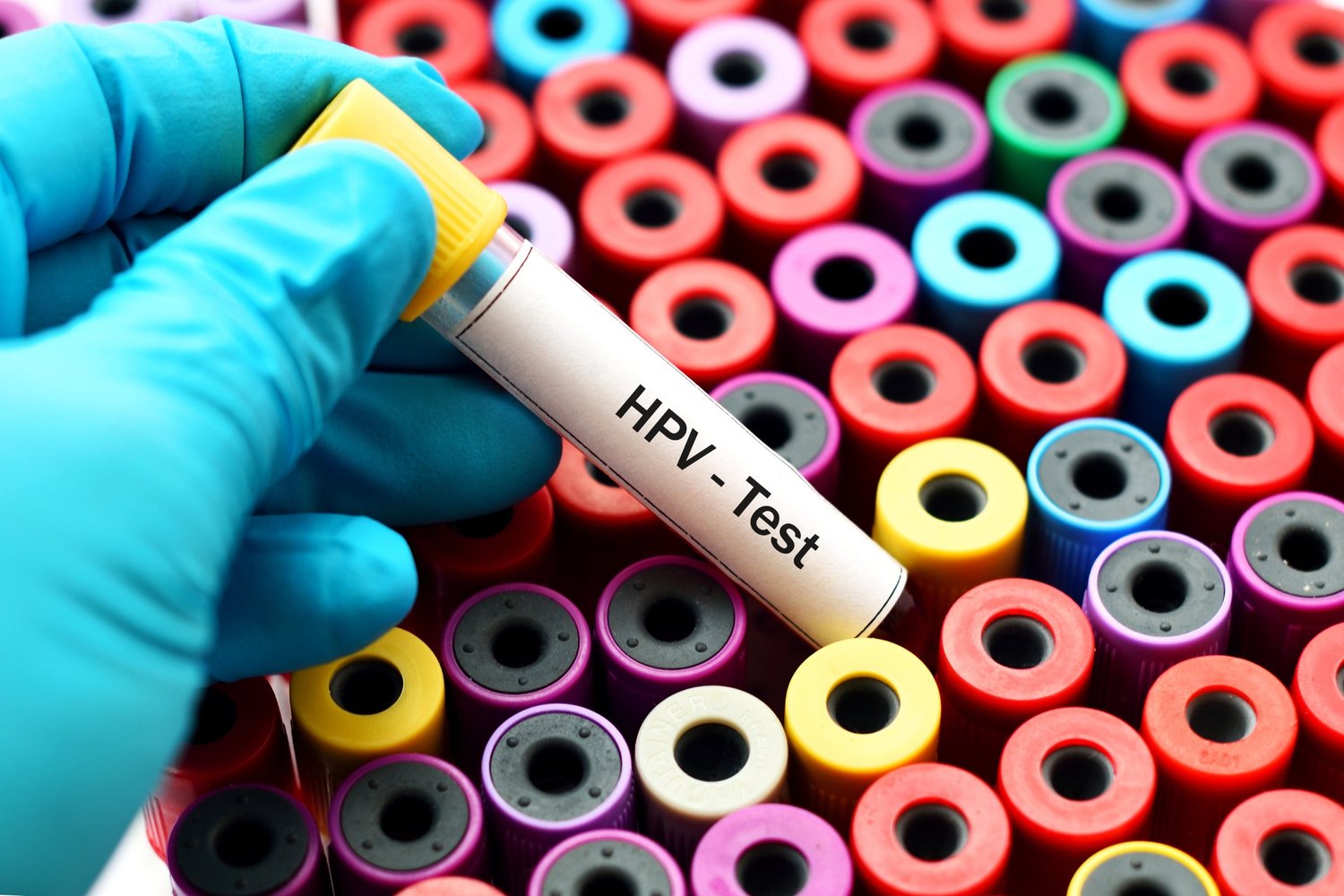HPV is a virus that has over 100 strains. Some are more dangerous than others – they are broken down into low-risk and high-risk infections.
Approximately 12 types of HPV cause genital warts. These growths may appear on the outside or inside of the vagina or on the penis and can spread to nearby skin. Genital warts also can grow around the anus, on the vulva or on the cervix. These are considered low-risk because they can lead to warts but do not lead to cervical cancer.
Approximately 15 types of HPV are linked to cancer of the anus, cervix, vulva, vagina and penis. They also can cause cancer of the head and neck. These types are known as “high-risk types.”
How Does HPV Cause Cancer?
The cervix is covered by a thin layer of tissue made up of cells. If HPV is present, it may enter these cells. Infected cells may become abnormal or damaged and begin to grow differently. The changes in these cells may progress to what is known as precancer. Changes in the thin tissue covering the cervix are called dysplasia or cervical intraepithelial neoplasia (CIN). In most women, the immune system destroys the virus before it causes cancer. But in some women, HPV is not destroyed by the immune system and does not go away. In these cases, HPV can lead to cancer or, more commonly, precancer.
Are there Screening Tests for Cervical Cancer?
It usually takes years for cervical cancer to develop. During this time, HPV infection can cause cells on or around the cervix to become abnormal. A Pap test, sometimes called cervical cytology screening, can detect early signs of abnormal cell changes of the cervix and allows early treatment so they do not become cancer.
An HPV test also is available. It is used along with the Pap test in women 30 years and older and as a follow-up test for women whose Pap tests show abnormal or uncertain results.
How can I Prevent HPV?
Two vaccines are available that protect against certain types of HPV. We offer the Gardasil vaccine in our office. This vaccine is a three-shot series for women age 9 to 26 years old. The vaccine protects against two strains that cause genital warts and two high-risk strains associated with cervical cancer. It helps protect against 90% of genital wart cases. It protects against 70% of cervical cancer cases, 70% of vaginal cancer cases and up to 50% of vulvar cancer cases.
The following methods also help decrease the chance of infection:
-
Limit your number of sexual partners.
-
Use condoms to reduce your risk of infection when you have vaginal, anal, or oral sex.
Contact MetroPartners OBGYN
If you have any questions about HPV, it’s best to consult your provider. Give MetroPartners OBGYN a call and schedule an appointment to today.

